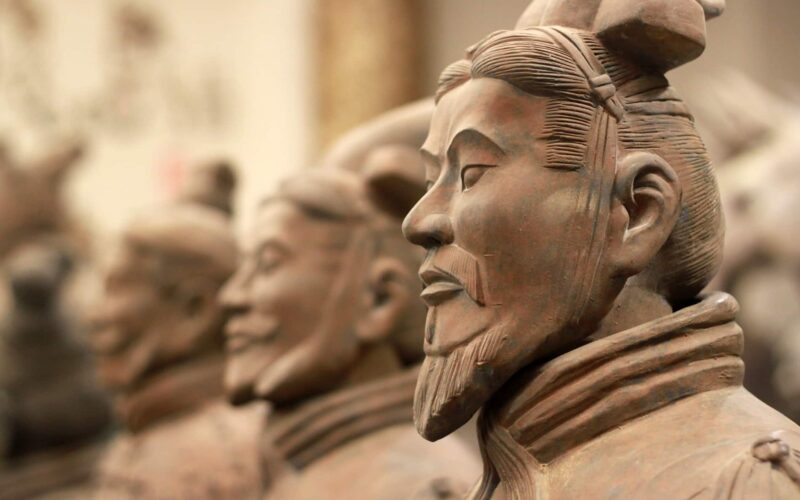China’s Ministry of Industry and Information Technology has recently released a comprehensive document outlining their commitment to the development of Web3 and related technologies, including metaverse, non-fungible tokens (NFTs), and decentralized apps (dapps). The Ministry’s response to the proposal put forth by Wu Jiezhuang, a member of the National Committee of the Chinese People’s Political Consultative Conference, highlights their determination to advance in this sector. The examination conducted by the Ministry, in conjunction with the Chinese Academy of Sciences and the China Association for Science and Technology, found that Wu’s recommendations are aligned with their objectives as they “attach great importance” to the growth and progress of the Web3 industry.
The response acknowledges the favorable conditions that China possesses for the development of Web3 technologies, such as a robust industrial foundation and ample space for development. In addition, the Ministry outlined the efforts already taken by the country towards supporting this industry, despite the blanket crypto ban enacted in 2021.
Steps Towards Web3 Industry Support
- Policies and Standards: The Ministry, in collaboration with the Cyberspace Administration of China, has issued a series of policies and guidelines to accelerate the application of blockchain technology and facilitate industrial development. Additionally, the National Standardization Committee has worked in tandem with the Ministry to establish the National Blockchain and Distributed Accounting Technology Standardization Technical Committee, providing an environment conducive to the advancement of Web3 on a blockchain-based foundation.
- Technological Advancements: Research institutions in China are actively exploring Web3-related technologies including metaverse and NFT. Moreover, the Ministry supports the establishment of data institutions like the Beijing International Big Data Exchange and the Shanghai Data Exchange, which serve as testing grounds for various applications.
- International Collaboration: Emphasizing the importance of global cooperation, China has set up working groups in collaboration with international organizations to develop both international and domestic standards for the Web3 industry.
In response to Wu’s recommendations, the Ministry intends to strengthen collaborations with relevant departments to facilitate Web3 innovation and encourage high-quality industrial development. In pursuit of these goals, the Ministry has outlined four key steps:
Steps Towards Web3 Innovation
- Research and Development: The Ministry plans to enhance research efforts on Web3 and establish a comprehensive development strategy while also defining an application model to guide future growth.
- Technical Advancement and Supervision: To support enterprises, universities, and research institutions, the Ministry will focus on advancements in vital core technologies such as cross-chain interoperability, privacy computing, and smart contracts, enhancing technical research and providing supervision along the way.
- International Exchanges and Cooperation: The Ministry aims to closely follow the latest global political, industry, academic, and research trends in the Web3 realm, fostering international exchanges and collaborations in this ever-evolving sector.
- Publicity and Promotion: The Ministry recognizes the significance of improving public awareness and understanding of Web3 technologies. As part of their efforts, they will promote the application of distributed digital identity (DID), establish demonstration projects, and construct a platform for technology and industrial application exchanges.
















